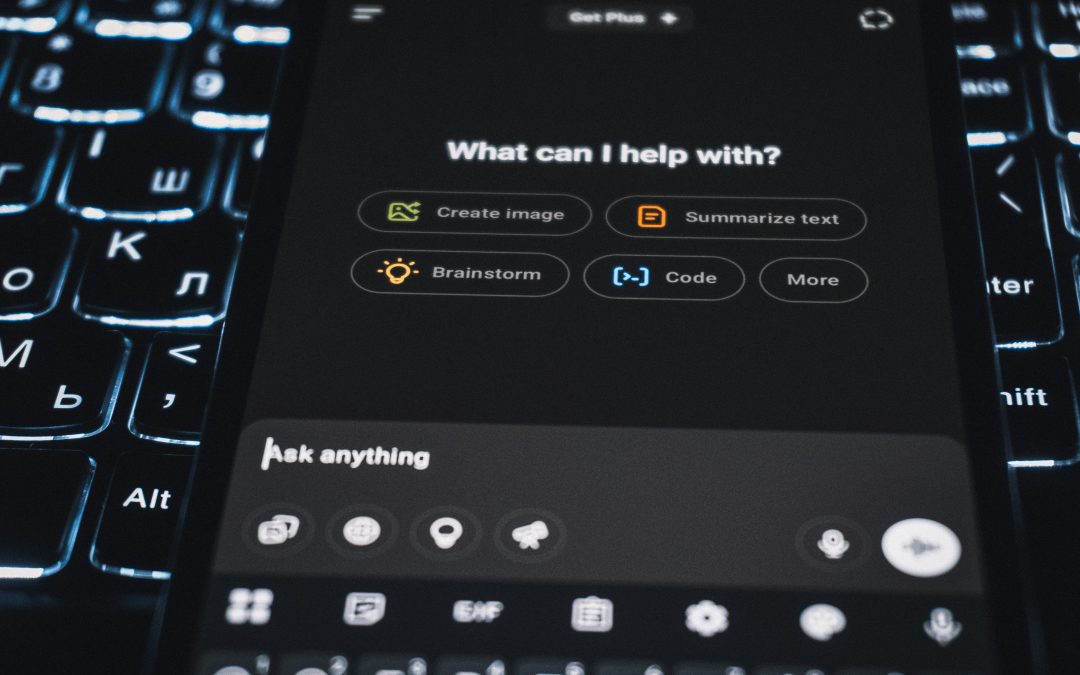Indeed’s latest AI at Work report places marketing as the fourth most exposed profession to generative AI, with almost seven in ten skills (69%) likely to evolve into shared human–AI tasks.
The study revealed that around 26% of all roles across the workforce are highly vulnerable to AI-driven transformation. However, the scale of disruption will largely depend on how quickly organisations adopt new technologies and how effectively employees are reskilled.
For marketing professionals, the findings highlight a significant level of potential change. With such a high proportion of marketing-related skills expected to be reshaped by AI, the sector stands out as one of the most impacted across industries.
The research, which examined close to 2,900 workplace skills by comparing them against U.S. job postings, showed that marketing follows software development, data and analytics, and accounting as the fields most exposed to AI integration.
The Shift From Doing To Directing
Indeed’s GenAI Skill Transformation Index sorts workplace skills into four categories: minimal, assisted, hybrid, and full transformation.
In the case of marketing roles, most skills affected by AI sit within the hybrid category. This means generative AI can take on much of the routine or repetitive execution, while people continue to provide judgement, strategy, and overall direction.
According to Indeed, human input remains essential even as AI tools take on a growing share of day-to-day tasks. The report notes that generative AI can already manage a large portion of straightforward work, but people are still required to step in when dealing with exceptions, interpreting grey areas, or ensuring accuracy and quality.
What Marketing Skills Are Most at Risk?
Tasks linked to administration, documentation, and text handling are among those most likely to be reshaped by AI. Generative tools are already proving effective in areas such as drafting content, retrieving information, and carrying out analysis.
Work centred on communication, however, often falls into the hybrid category across a wide range of jobs. The report highlights nursing as an example, where communication skills feature in nearly a quarter of job postings. These are classed as hybrid because, while AI can increasingly support routine language-based tasks, the need for human judgement, empathy, and nuance remains irreplaceable.
How the Study Scored Skills
The research drew on several advanced language models, with its main findings aligned to the consistent outputs of OpenAI’s GPT-4.1 and Anthropic’s Claude Sonnet 4, while acknowledging that performance differs between systems.
Each skill was assessed across two key factors: the level of problem-solving involved and the extent of physical input required. Marketing was rated highly on problem-solving but low on physical demands, placing many of its core tasks among those most open to transformation through AI.
A Change From Previous Research
Previous research from Hiring Lab suggested that no skills were “very likely” to be completely taken over by generative AI.
However, the latest report highlights 19 skills — around 0.7% of the 2,900 reviewed — that now fall into that category. The findings are described as small steps towards full automation in limited, structured tasks, rather than a sign of widespread job replacement.
The Broader Employment Picture
According to Indeed’s findings, generative AI could significantly impact around 26% of jobs across the labour market, while 54% may see moderate changes, and 20% are expected to have only minimal exposure.
It’s important to note that these figures reflect potential rather than guaranteed outcomes. The real effect will depend on how quickly businesses adopt AI, how they integrate it into daily workflows, and the extent of reskilling across the workforce.
The report stresses that any meaningful impact will come down to practical use, saying the results will vary based on “whether and how businesses adopt and integrate GenAI tools.”
When comparing industries, software development sits at the top with 81% of skills open to transformation. Data and analytics follows closely at 79%, while accounting comes in at 74%.
On the opposite end of the scale, nursing shows only 33% transformation potential, mainly because its core functions involve direct patient care that remains firmly reliant on human ability.
Marketing falls somewhere in between, with its heavy dependence on digital and cognitive work making it particularly suited to AI assistance.
The study also makes it clear that not all AI models deliver the same results. Performance varied depending on the model tested, with some offering more stable and accurate outputs than others. As such, businesses are advised to evaluate tools carefully for their own use cases rather than assuming all systems work in the same way.
Looking ahead, the authors — Annina Hering and Arcenis Rojas — designed the GenAI Skill Transformation Index to highlight levels of transformation rather than outright job replacement.
They recommend that professionals concentrate on building complementary skills, such as strategic thinking, creative problem-solving, and the ability to review and interpret AI-generated material.
Timelines for change are likely to differ by industry, business size, and digital maturity. Some sectors may see rapid adoption, while others will take a more gradual approach.
Despite these variations, the overall direction of travel is clear. Job roles are shifting from hands-on execution to more supervisory and strategic positions, where humans guide and oversee AI outputs.
Those who adapt early and embrace hybrid working methods — where people and AI collaborate — are likely to gain the most benefit in the changing landscape.
More Digital Marketing BLOGS here:
Local SEO 2024 – How To Get More Local Business Calls
3 Strategies To Grow Your Business
Is Google Effective for Lead Generation?
How To Get More Customers On Facebook Without Spending Money
How Do I Get Clients Fast On Facebook?
How Do You Use Retargeting In Marketing?
How To Get Clients From Facebook Groups
